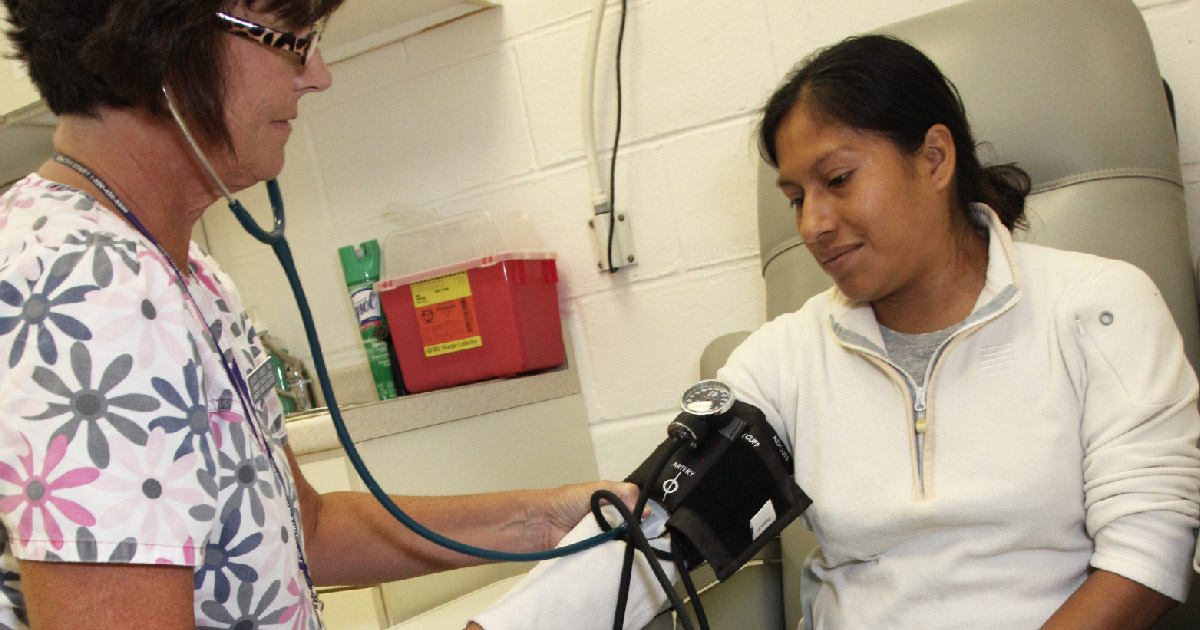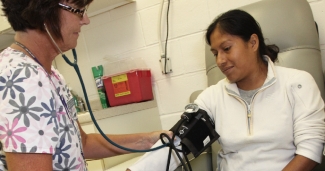Public Health or Public Charge? MCN Statement on the Administration’s Changes to Public Charge Policy

(Photo by Earl Dotter)
[Editor’s Note: This week, the current Administration took expected but highly disconcerting action on public charge policy, by releasing preliminary but not finalized proposed changes. Benefits that could be considered to determine whether an immigrant may become a “public charge” and therefore ineligible for permanent residency include: Medicare Part D Low Income Subsidy; non-emergency Medicaid (with some exceptions); the Supplemental Nutrition Assistance Program (SNAP); and housing assistance, including Section 8 housing vouchers. Policy analysts expect further language to be released in the coming week. This is MCN’s initial response, based on the information we have as of today. Please follow us on social media for updates on this issue as they become available. You can learn more about public charge, get up-to-the-minute updates, and take action at www.protectingimmigrantfamilies.org.]
As clinicians serving the mobile poor including many new immigrants, we strongly reject the proposed changes to “public charge” policy as it discourages people from seeking health care when needed. Public assistance programs are the backbone of a fair and just society that values basic human rights, including the right to basic health care. The long-term effects of a policy that discourages eligible residents from accessing even basic health services are a troubling fortification of the existing barriers to care and the instigation of a federally defined class of sicker residents -- both of which erode public health and lead to more expensive and harder-to-treat illnesses in the future. Many immigrants already struggle to overcome significant barriers to accessing care, and are at higher risk for certain health complications including post-traumatic stress disorder and depression. We call on the Trump Administration to halt its public charge policy that will spawn even more fear and anxiety among our patients, and instead promote health policies that promote inclusion, well-being, and care, to stand for a right to health for all in our communities.
Like what you see? Amplify our collective voice with a contribution.
Got some good news to share? Contact us on our social media pages above.
Return to the main blog page or sign up for blog updates here.
- Log in to post comments





